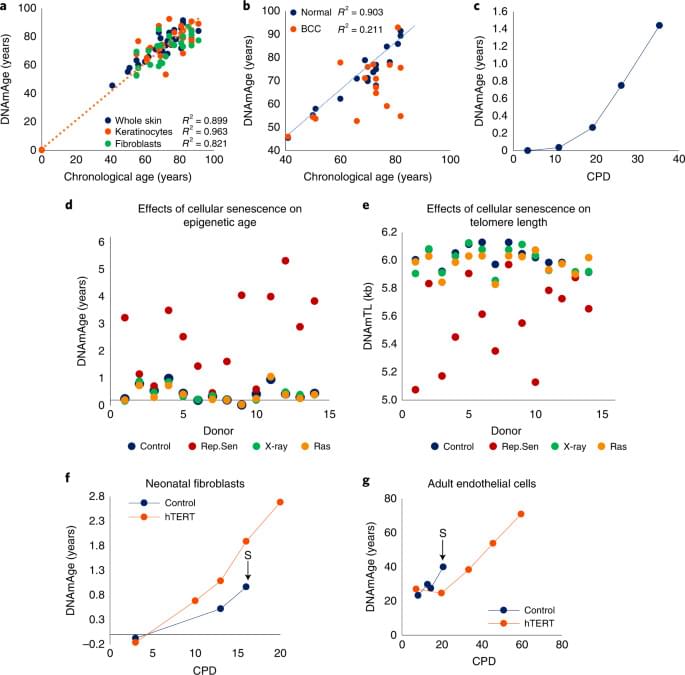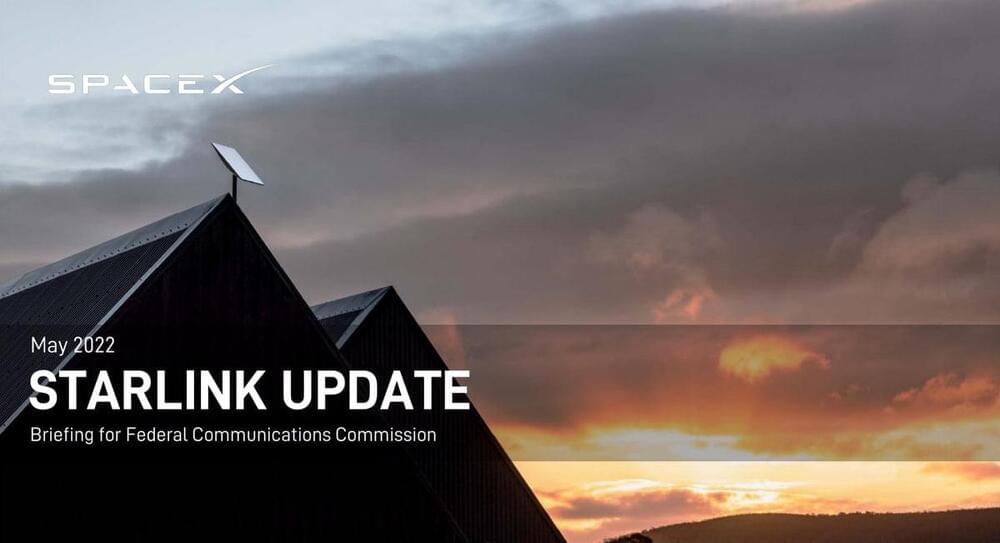May 29, 2022
New alopecia drug regrows hair in 40% of patients
Posted by Kelvin Dafiaghor in category: biotech/medical
The latest trial studied 706 adults who have alopecia, aged 18 to 65, for 24 weeks in the US, Canada and Europe. On average, the patients studied only had 16 percent of their hair at the start of the trial, with no one having more than 50 percent.
They were split into three groups: one was given a placebo, another an 8 milligrams twice-daily dose, and lastly a 12-milligram, twice-daily pill.
Both groups taking the non-placebo doses saw regrowth, with a total of 41.5 percent of the stronger dose recipients experiencing 80 percent of hair regrowth. Among those that received the lower dose, nearly 30 percent experienced the same amount of hair regrowth. In the placebo group, only 0.8 percent of the participants saw more than 80% of hair growth.


















